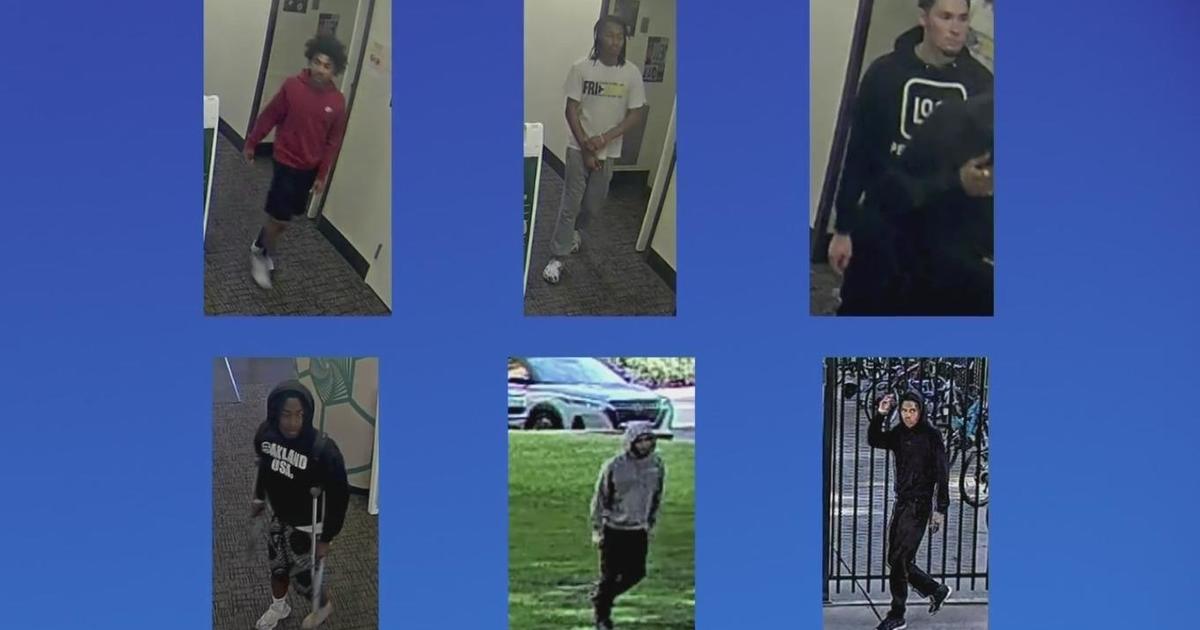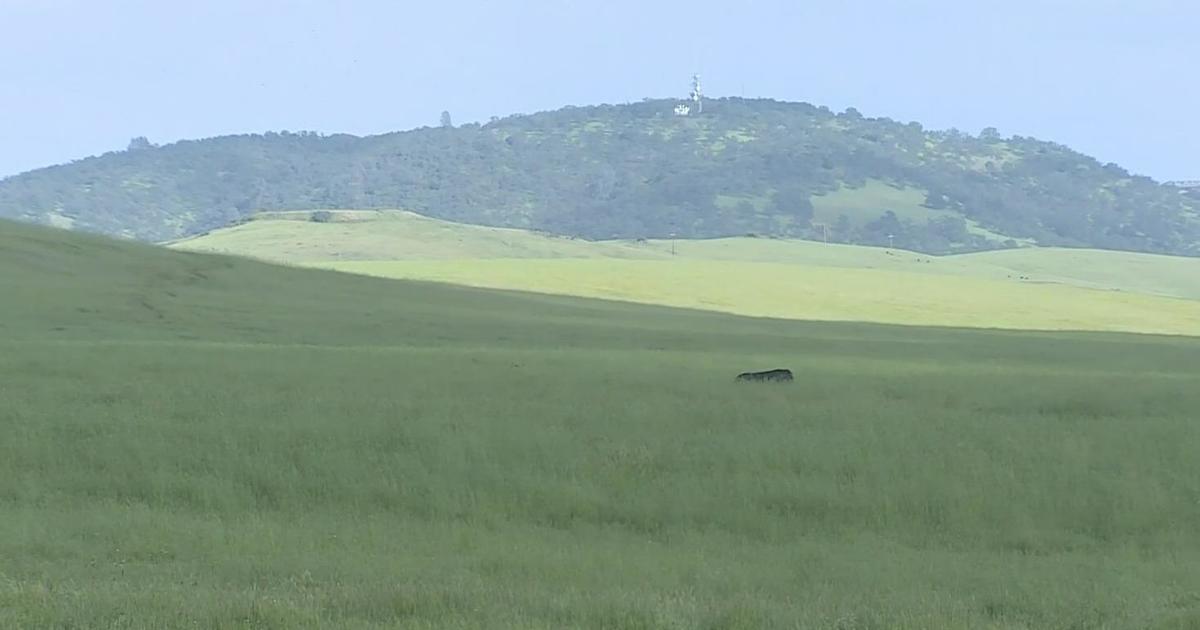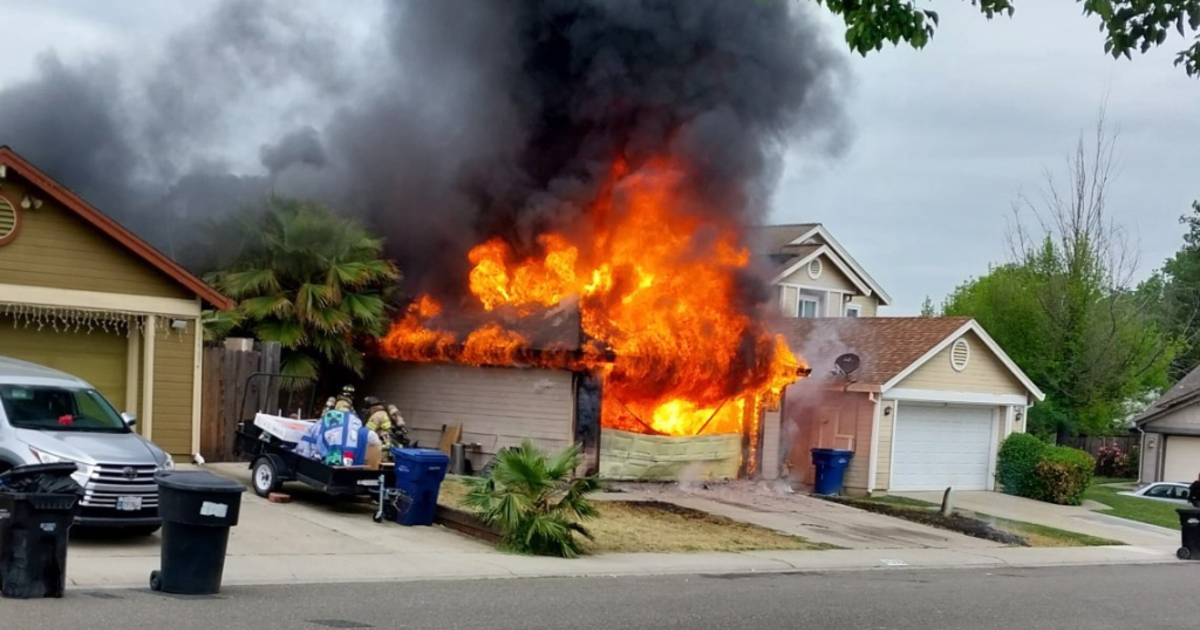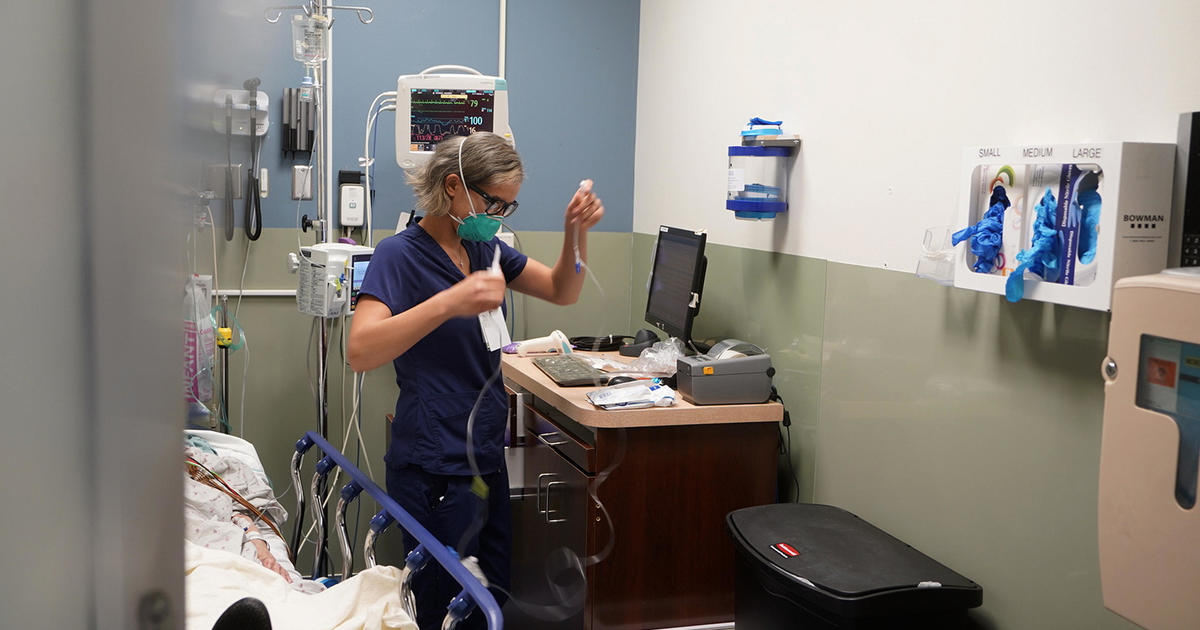Tougher Utah DUI Law Will Mean New Approaches For Spotting Offenders
SALT LAKE CITY (AP) - Some in Utah law enforcement say a new law giving the state the strictest DUI threshold in the country could change how officers screen people for DUI and look for signs someone's blood alcohol level is over the new 0.05 percent limit.
"The manual's going to have to be rewritten," Detective Greg Wilking with Salt Lake City police said Friday. "There's going to have to be a retraining so that we all understand what those thresholds are and what we're looking for."
Salt Lake County District Attorney Sim Gill said Friday that under the current law, drivers can be convicted of DUI if their blood-alcohol level is registered at 0.08 percent or if they show signs they're impaired and can't safely operate a car, such as erratic driving and slurred speech, even if their blood-alcohol level is below 0.08 percent.
Once the new 0.05 limit takes effect Dec. 30, 2018, Gill said DUI stops may be more nuanced and difficult, and "it's probably going to create some challenges in the field," he said.
Proponents of the 0.05 limit, including the National Transportation Safety Board, the Advocates for Highway and Auto Safety and the National Safety Council, say it's needed because people start to become impaired with a first drink, and at that point, people shouldn't drive.
At a blood-alcohol content of 0.05 percent, a driver may have trouble steering and have a harder time coordinating, tracking moving objects and responding to emergencies, according to the National Highway Traffic Safety Administration.
The new law means a 160-pound man could be over the 0.05 limit after two drinks, while a 120-pound woman could exceed it after a single drink, according to data from the California Department of Motor Vehicles. However, a number of factors, including how much a person has had to eat and how fast they're drinking, can affect their blood alcohol levels.
If someone is behaving normally, does not appear to be impaired but admits to having had some alcohol and faintly smells of it, Gill questions how an officer can establish probable cause to get the driver out of their car and test them for DUI because they may still be violating the 0.05 limit.
Officers may have to let them drive away even though they're violating the new law, Gill said, or administer field tests to everyone who admits to having had a drink, even if they don't seem impaired. He said he's concerned about how the law will play out. Gill added that it may lock-in more convictions of drivers with questionable impairment but who had blood-alcohol levels at 0.06 or 0.07 percent.
Opponents of the law, including Utah's hospitality industry, say it will punish responsible drinkers and hurt tourism and restaurants.
Utah's Highway Patrol, which supported the new law and handles about one-third of DUI arrests in the state, said the law signed Thursday will likely have little effect on the way police look for drunk drivers because troopers are basing arrests on signs someone is intoxicated or can't safely drive. Sgt. Todd Royce said some training may be needed, but troopers need to have a reason to get someone out of their car to administer a field sobriety test, in which drivers are asked to do tasks such as stand on one leg.
But Tom Ross, the police chief in Bountiful, Utah, and the president of the Utah Chiefs of Police Association, said he thinks officers may see changes. Police will likely have to look at how they conduct those field sobriety tests and what subtle cues they'll rely upon to determine if someone may be over the new legal limit, Ross said.
Ross said the police chiefs' association plans to discuss it at the group's annual conference next week.
Utah Gov. Gary Herbert said the new law will save lives, but it's not perfect. He wants lawmakers to hold a special session this summer to look at whether they need to make additional changes, giving Utah more time to prepare. He said he also wants lawmakers to look at heightening punishments for repeat DUI offenders and cracking down on texting while driving, which is illegal in Utah but can be frequently seen on the roads.
Copyright 2017 The Associated Press.



